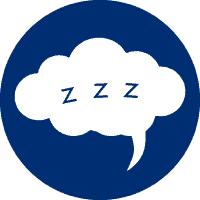
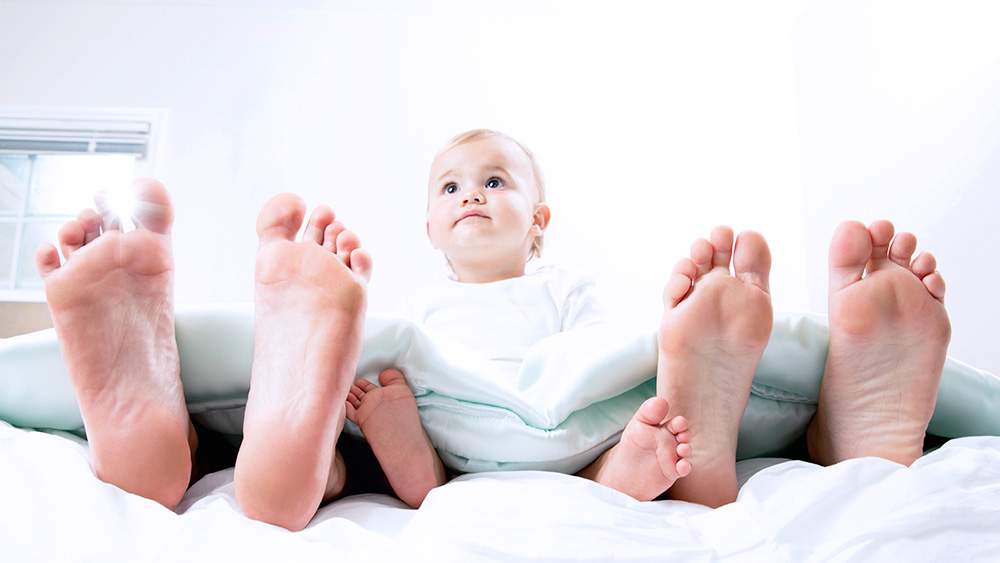
How do I know if my child has a sleep disordered breathing problem?
What is the treatment for my child who has a sleep disorder?
How can we diagnose that my child has a sleep disorder?
NEED HELP ?
Reasons to Choose Us

In Sydney CBD
clients think of us.


Convenience
Free-Parking
Location

Health Funds
Interest-Free

Advanced Technology with Compassionate Service.
Can children have sleep disorders?
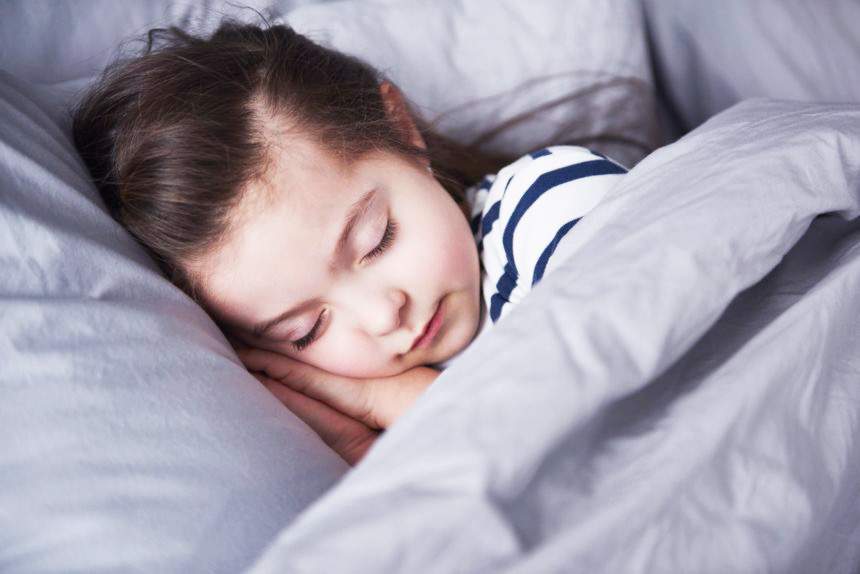
Yes.
Sleep disordered breathing (SDB) in children (snoring and sleep apnoea), from infancy through to puberty, is a similar condition to adult sleep disordered breathing but has different causes, consequences, and treatments.
How do I know if my child has a sleep disordered breathing problem?
Approximately 10 percent of children snore, this snoring obstructs breathing.
The first observation of sleep disordered breathing in children is usually made by the parents noticing that the child is snoring loudly and every night.
Other things that may be observed and may pertain towards a SDB diagnosis are the following;
- Sweating during sleep
- Tossing and turning during sleep
- Wetting the bed
- Has difficulty waking up in the morning
- Wakes choking and gasping
- Stops breathing during sleep
- Suffering from headaches during the day but particularly in the morning
- Falling asleep during the day either at school or at home
- Has behavioral problems either at school or at home
- Is aggressive or cranky
- Has ADD/ADHD
- Tooth grinding and/or worn down teeth
- Mouth breaths
- Enlarged tonsils and adenoids
- Dark circles under the eyes
What is the link between Snoring, Sleep Apnoea and ADHD?
10% of children snore.
Of those 10%, 33-50% will have sleep apnoea if tested in a sleep study.
Snoring in children is not like snoring in adults. A wheeze or whistle or heavy breathing in a child is snoring (or more correctly obstruction)
Children with untreated sleep apnoea will be 10-15 IQ points below their potential.
A child who snores is 4 times more likely to be in the bottom 25% of the class.
A child with sleep apnoea is 9 times more likely to be in the bottom 10% of the class.
48% of patients diagnosed by a sleep study with Obstructive Sleep Apnoea had been started on stimulant medication for ADHD
The earlier sleep apnoea is treated in children the better.
Don’t ignore snoring in children, Have your GP Doctor or GP Dentist refer you to an ENT for an assessment. The ENT will organise a sleep study if indicated.
Large tonsils and high narrow palate are correlated with Obstructive Sleep Apnoea.
If you see it in a child, be suspicious.
Don’t just wait for the child to turn 12 and then seek help. You will have missed the intellectual boat.
If a child snores from 2-6 then stops they are 2.5 times more likely to be in the bottom 25% intellectually.
That means while they were snoring during that period the damage was done.
If a child snores from 2-6 and THEN has Tonsil and Adenoid removal they are 4X more likely to be in the bottom 25%.
for someone to notice that they needed
their tonsils and adenoids removed.
ADHD is often misdiagnosis of OSA.
If you have ADHD patients check out their tonsils and find out if they snore and organise an ENT consult.
All these condition above can cause ultimately the jaws not to develop properly and therefore causing poor facial aesthetics and crowding of the teeth leading to crooked teeth.
It is essential to be diagnosed at an early age so as prevent the children from getting extensive treatments.
If you want to read more about early treatment please click here.
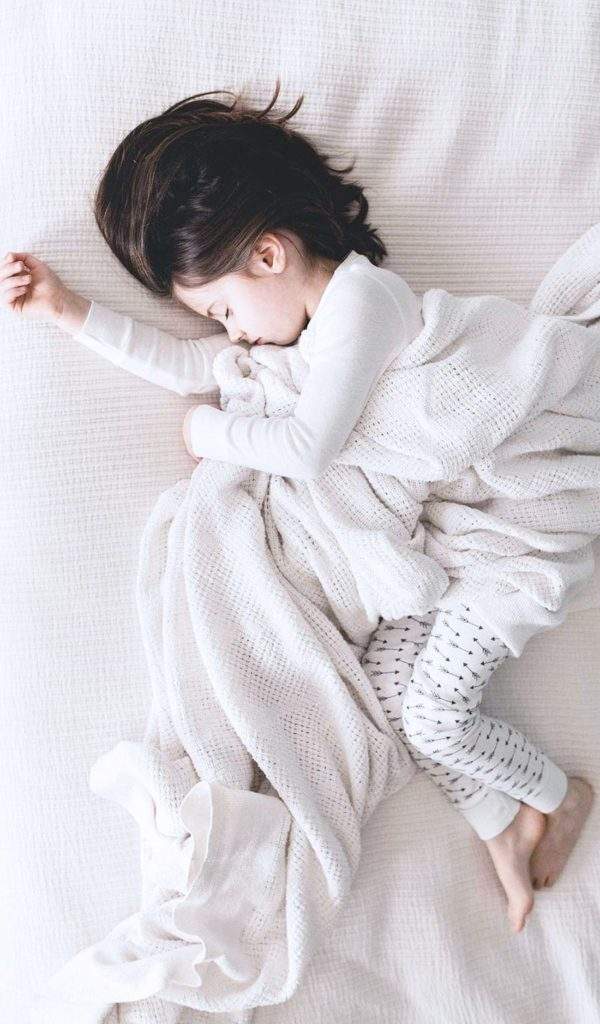
between children. Almost all of these
children have significant snoring.
What is the link between snoring, sleep apnoea & bed wetting?
Studies show that “nocturnal enuresis” – bedwetting – is common in children with obstructive sleep apnea.
The symptoms of sleep apnea vary between children.
Almost all of these children have significant snoring.
As they sleep, you may notice that they seem to stop breathing for more than ten seconds.
This is followed by a gasp or partial arousal and then the snoring begins again.
During these episodes, the amount of oxygen taken into the body drops significantly.
This causes the heart to pump harder to pump enough oxygen to the body.
In turn this is recognized by the heart as increased volume of fluid in the body and produces a hormone call ANP (Antinatriuretic Peptide) that causes kidneys to excrete more water and therefore more urine forms leading to increased urination.
Also, there are four stages of sleep and a hormone called ADH (antidiuretic hormone) is produced in the fourth stage of sleep.
However children and adults with sleep apnoea never reach the fourth stage of sleep due to constant awakening episodes and therefore ADH is not released.
The function of ADH is to prevent urination and if it is not produced then it results in urination and therefore in kids who are young resulting bed wetting.
How can we diagnose that my child has a sleep disorder?
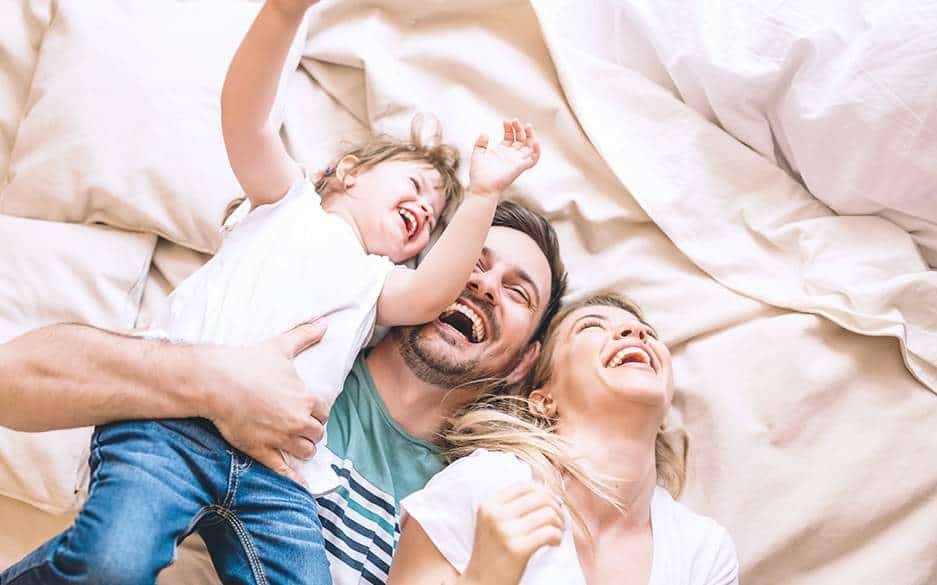
What is the treatment for my child who has a sleep disorder?
As the most common cause of sleep disordered breathing in children is enlarged tonsils and adenoids, a referral to our ENT specialist will be made.
If the sleep disorder is due to craniofacial abnormalities, primarily abnormalities of the jaw bones, tongue and associated structures your child will be treated with orthopaedic/orthodontic appliances.
A full assessment of your child is necessary.
Experts at the Sydney Centre for TMJ and Sleep Therapy specialise in treating sleep disorders and TMJ disorder.
Please call our centre on 02 9264 9120 if you have any questions or would like to make an appointment to discuss your child’s sleep problem.
for more detailed information.
We are ready to assist you.

